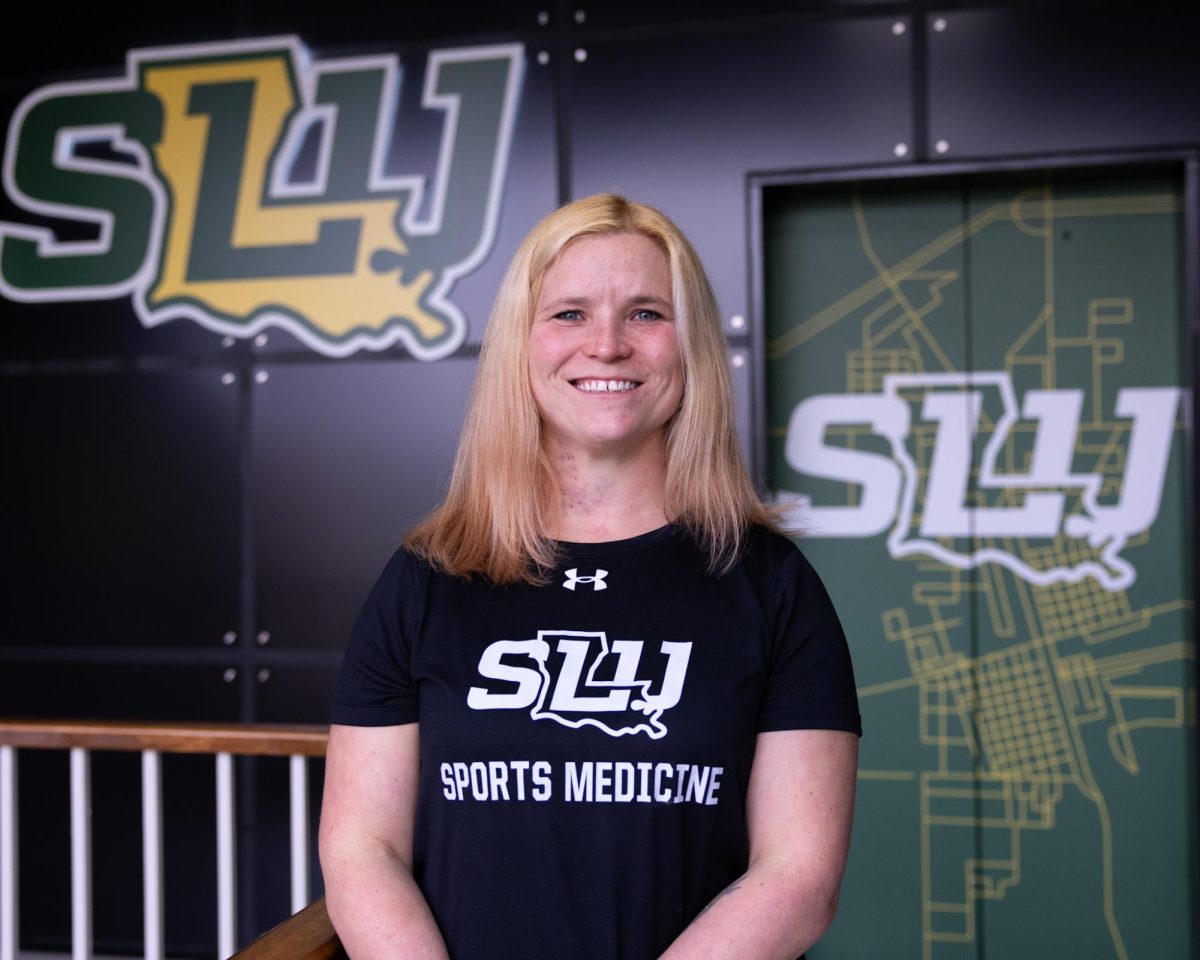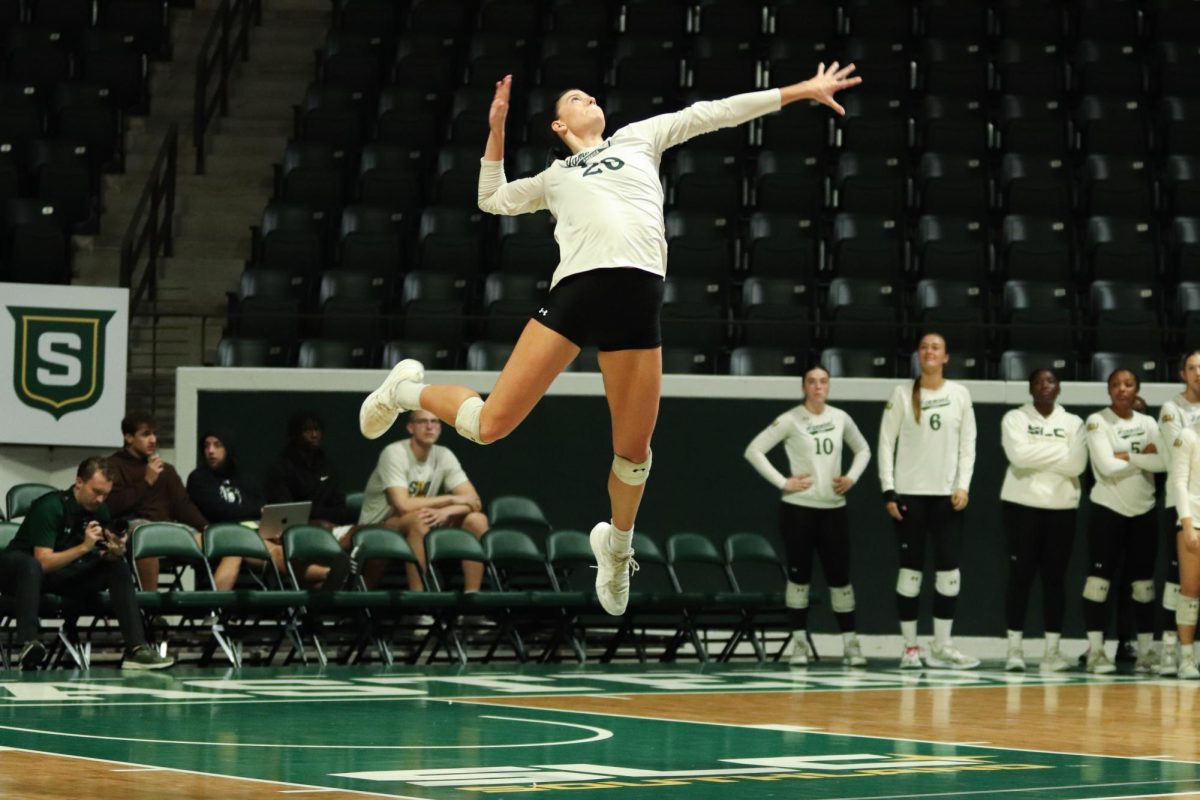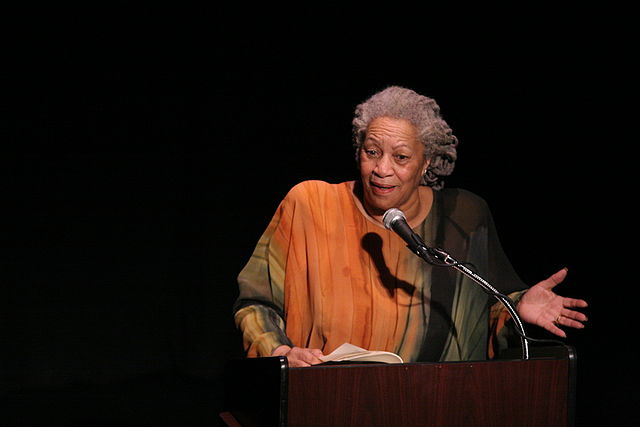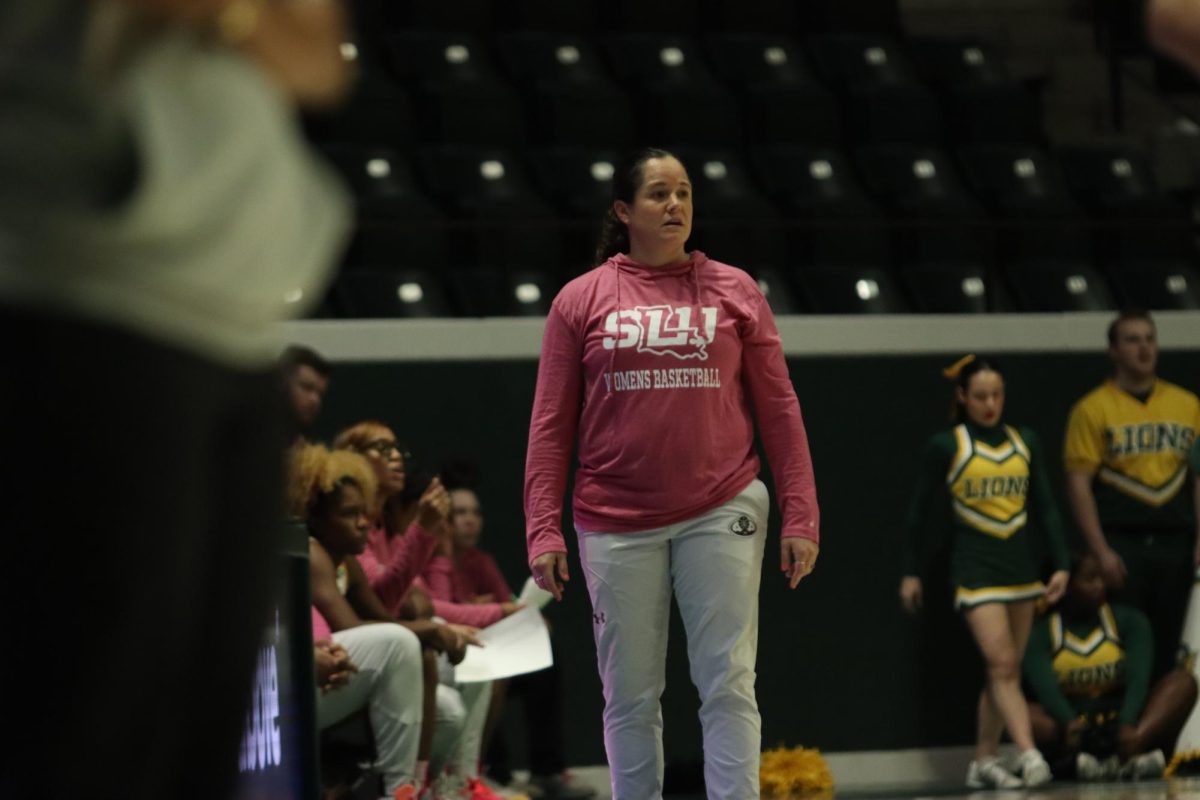|
Getting your Trinity Audio player ready...
|
In Fall 2024, the athletic department of Southeastern Louisiana University strengthened its sports performance team with Rachel Jeoffroy, a sports dietitian with a passion for athlete development.
Originally from Oklahoma, Jeoffroy completed her undergraduate degree at Oklahoma State University in nutrition and dietetics where she found her passion for sports. She later received a master’s degree at Utah State University in sports nutrition.
Nutrition plays a crucial role in athletic performance, recovery and injury prevention. In her approach, Jeoffroy focuses on making nutrition understandable and accessible for students.
“When it comes to performance, we often forget about the importance of nutrition. We go get treatment, push ourselves at practices and we often forget about food, hydration and sleep. Sometimes what we eat is not as important as just eating. Just breaking it down to the simplest you can, it doesn’t have to be complicated,” Jeoffroy said.
Jeoffroy aims to directly engage with student athletes and teams to teach them about the importance of nutrition and its effect on their specific sport. She said she wants them to understand their bodies’ individual needs.
“I want to implement a lot of education within our teams from this semester. I want the student-athletes to utilize the fueling station at Naquin, teach them about labeling and some of the food sources that they can have pre- and post-workout.”
She uses a flexible approach to sports nutrition, living by the saying, “control the controllable.” Instead of rigid meal plans, Jeoffroy believes in personalized strategies where she takes into consideration the likes and dislikes of the athlete besides their sports, school and practice schedules.
“Student athletes have chaotic schedules so just sitting down one-on-one and going through your days focusing on the opportunities for fueling is the most beneficial. I don’t like to give specific meal plans because then people think that is all that they can have,” Jeoffroy said. “What we do during an appointment is we sit down, go over your schedule, and come up with a strategy on how to get in enough throughout the day to properly fuel your body.”
According to the American Sports and Fitness Association (ASFA), The “athlete’s plate” method is the most beneficial, flexible approach which sets rations instead of specific ingredients on how to build a perfect meal.
Based on ASFA:
- 50-60% of the plate should consist of carbohydrates, such as whole grains, rice, potatoes, legumes and starchy vegetables. Carbohydrates are the primary energy source for athletes providing fuel which is needed to sustain their performance level during high-intensity training and games.
- 15-20% of the plate should consist of protein like chicken, turkey, eggs, fish, lean beef, dairy products and tofu. Proteins are macronutrients crucial for muscle growth and repair, they also help in recovery after intense physical activity.
- 25-30% of the plate should consist of vegetables, which are rich in micronutrients, fiber, vitamins and minerals. Vegetables such as leafy greens, broccoli, tomatoes and bell peppers help to reduce inflammation and support the recovery of the athlete.
- The remaining 10-15% of the plate should be consumed of healthy fats like olive oil, avocado and nuts. Fats not only provide energy but also absorb fat-soluble vitamins (vitamin D) while aiding in maintaining overall health and immune function.
Many external factors determine the eating habits of people. For example, geographical location has a huge effect on the food culture. Furthermore, with the increased usage of social media, there are many misbeliefs when it comes to eating habits.
“There are so many negative things with nutrition and demonizing our food, especially on social media, on what is healthy. My goal is to keep it simple and have fun. Especially in Louisiana, half the culture revolves around food so go and have fun. All of those foods have a place so it is very important to go and enjoy those meals,” Jeoffroy said.
By implementing small and manageable changes, Jeoffroy helps students clear the noise around nutritional myths. She shares her knowledge about the science behind nutrition so athletes can understand how certain ingredients have an effect on their bodies and why the timing of meals and snacks are important.
“What I love about nutrition is that the answer to all the questions is that “it depends”. My goal with my job is to make food fun and being able to share my knowledge with a large group of people is fun. I talk about things that they experience and they realize how that’s applicable in their lives,” she said.
Through her personalized approach and commitment to education, Jeoffroy is helping athletes fuel their bodies for performance and is helping to establish lifelong habits that prioritize their health and overall balance.
“I am not the food police, I am not here to judge. You can eat whatever, I will just help you find the right place and right time for that,” she said.















